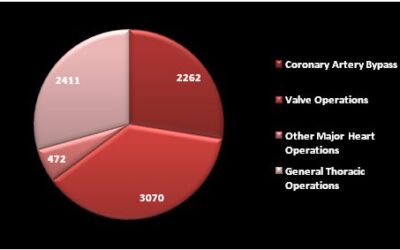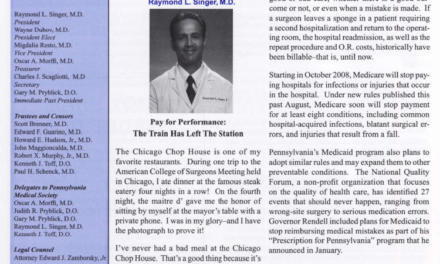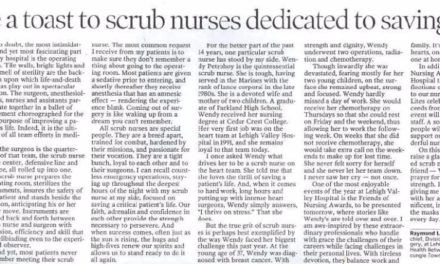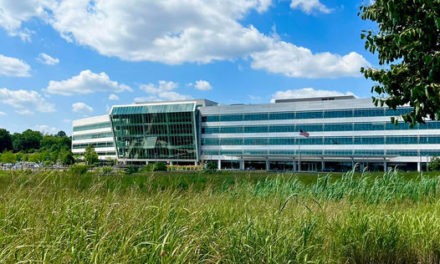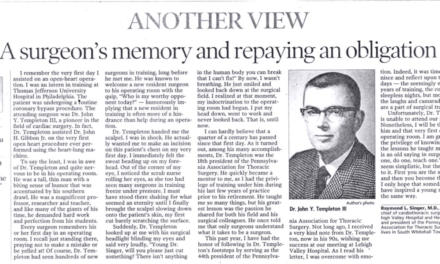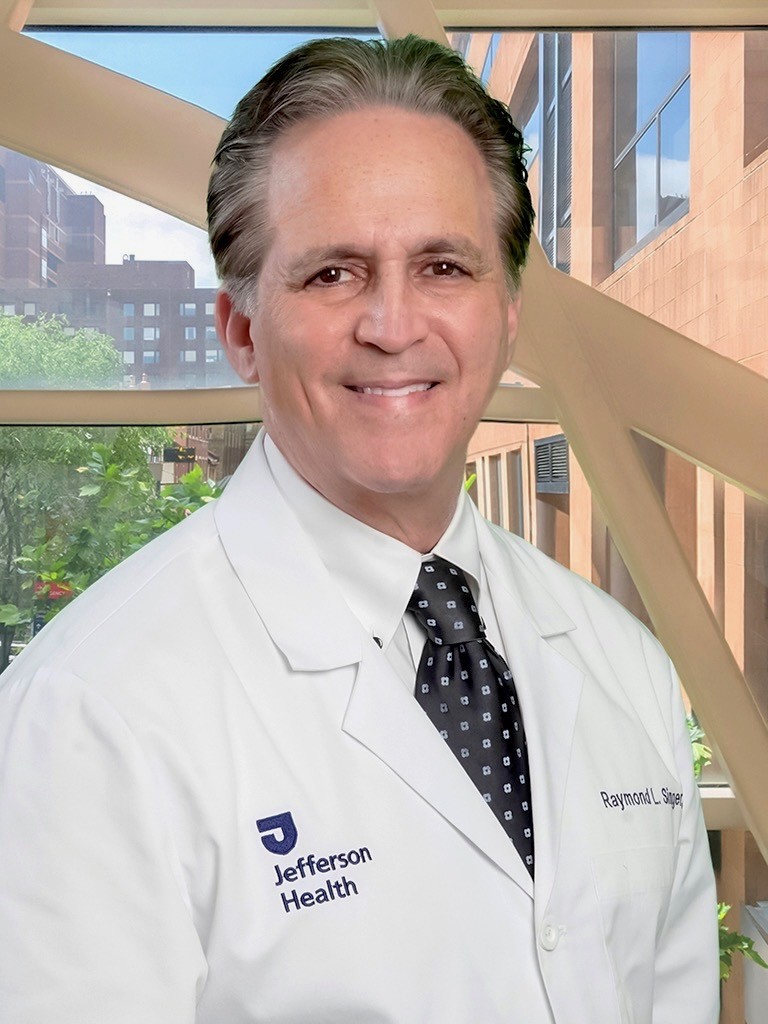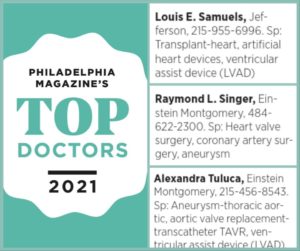
What does it mean to have an “attitude of gratitude?”
It is not merely a matter of being appreciative of things that may or may not occur on any given day of your life. Instead, the type of gratitude that impacts our physical, mental, and spiritual health goes much deeper. It is having the core belief that all of what we receive in life is a gift, that we are granted something more and above what we have earned, such as the unconditional love of a parent. In a sense, when we approach life with this “attitude of gratitude,” what we are doing is simply practicing feeling loved and feeling blessed.
How do we cultivate an “attitude of gratitude?”
Start by writing a “gratitude journal.” Every day write down something good that happened to you that day, something for which you are grateful. Write a letter of appreciation to someone who has touched your life –a teacher, your parent, or a friend. Even more powerful would be to make a “gratitude visit” and express your gratitude in person.
Most of all, we must all learn to focus on what we have, not what we don’t have –to look at the glass as half-full, not half-empty. We need to let go of our useless anxiety over what is missing in our lives and learn to enjoy and appreciate all our blessings. While we cannot deny that certain life events make legitimate demands upon us, it is how we approach these adversities that will most likely determine whether we achieve a positive and healthy outcome.
See all of life’s events –both good and bad—as a blessing. If you can do this, you will feel peace and live a more successful and healthy life.
– Originally Published on Findatopdoc.com
Recent Posts
When is the Best Time to Exercise?
This video talks about the advantages of exercising in the morning. Morning workouts release endorphins and improve blood flow, helping you to feel more energized and mentally sharp throughout your day. There are fewer distractions in the morning and it makes it...
May is Mental Health Awareness Month
Let’s take this opportunity to reflect on something essential, yet often overlooked in professional environments: our mental well-being. In a world that values productivity and performance, it’s easy to forget that behind every deadline, meeting, or project is a human...
10 Jefferson Hospitals Earn an “A” Safety Grade
We are incredibly proud to announce that 10 Jefferson Health hospitals have received an "A" Hospital Safety Grade from The Leapfrog Group for Spring 2025. This recognition underscores our commitment to improve patient lives and prioritize their safety across our...
Patient Outcomes – May 1, 2025
Nothing can be more important than knowing the experience level of your surgeon. Generally speaking, the more you do something, the better you become! Since entering practice in 1992, I have performed over 8,215 major heart and lung operations and numerous minor...
Day #5 After CABG Surgery
With the patient’s permission, this video discusses the post-operative journey of an individual who underwent urgent/emergent conventional sternotomy, triple-vessel coronary artery bypass graft (CABG) surgery, after developing severe chest pain with ECG changes during...
Left Thoracotomy for Complex Mitral Valve Replacement
This is a unique case of a 64-year-old man who had a history of Hodgkins disease with mantle radiation to his chest. I had performed a surgical aortic valve replacement 10 years prior with a biological valve that is still working well. The patient now presented with...
Featured
Pages
- Learn about heart valves. Heart Valves
- Read testimonials. Testimonials
- Did you know I have a consulting firm? Singer Heart/Lung Consulting
- Check out my TedTalk! Defining Success
Links
- Links page with more information about your heart. Links
- Dr. Adam Pick's Site: heart-valve-surgery.com




